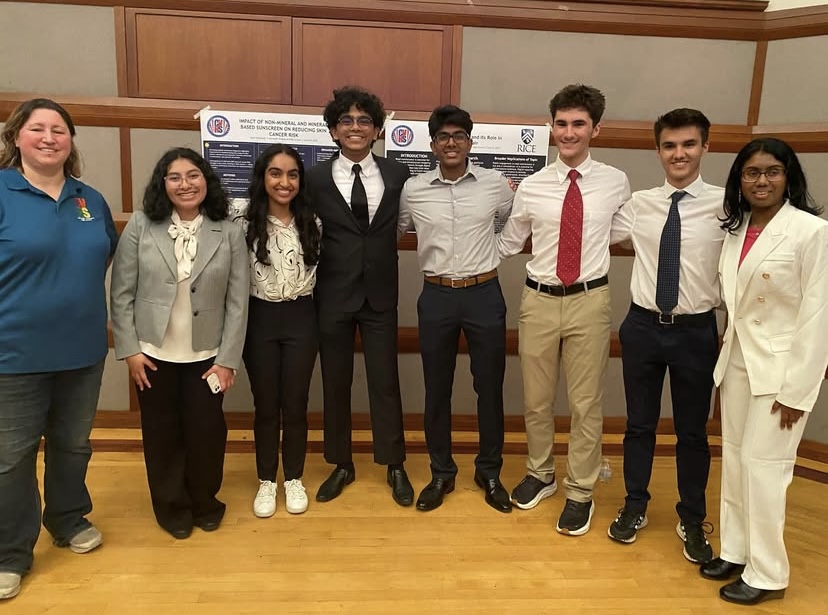
On September 28, a group of people in the Houston area were sentenced to federal prison for the nationwide scamming of elderly for their life savings. Five individuals stationed in Houston came together to scam people, majority being the elderly, of their life savings. They scammed people using methods like obtaining money through wire, charging them for packages they didn’t order and pretending to be tech support in order to charge them for the service. Many reports show that they threatened to harm victims causing them to feel unsafe even in front of the computer camera. Eventually all five of the individuals : Azad, Sumit Kumar Singh, Himanshu Kumar, Hasib and Anirudha Kalkote were sentenced to 78 months in federal prison. Azad, being the leader, was sentenced to 188 months.
Scamming is the act of deceiving someone in order to obtain something from them, in most cases, money. In the case of the Houston scamming incident, the scammers brought upon fear to the victims using threats and monitoring them through their device cameras. Not all scammers use the same method, CVHS English teacher Meghan Brannon-Reese shared her encounter with a scammer.
Similar to the scamming incident, Brannon-Reese received a phone call which consisted of information only she was aware of.
“They knew that I had gotten a jury summons and they tried to convince me that I had not appeared for jury duty and that I was going to get charges brought against me,” said Brannon-Reese.
Brannon-Reese received a call from the “Sheriff’s deputy office” saying she forgot to reschedule her jury summons. Brannon-Reese believed that she had already rescheduled her jury summons, and was worried she would get in trouble. Similar to how the scammer posed as someone in the sheriff’s deputy office, the Houston area scammers pretended to offer tech support to the elderly victims in order to scam them out of their life savings.
Brannon-Reese, who started to believe that she was going to get in trouble with the sheriff’s deputy department, panicked. “I’m freaking out. I’m like, oh, no, I rescheduled my jury duty”.
Similarly, the Houston scammers frightened their victims out so much that they were worried that the scammers were watching their every move through the computer screen. Both Brannon-Reese’s encounter with scams and the Houston scams involved fear to get their victims to give in.
The scammers that Brannon-Reese encountered also tried to scam her by getting her to buy a Visa gift card and giving it to them, a common method scammers use to obtain money easily. She recalled that the person tried getting her to go to a vendor and they used vague terms and dodged her questions.
Studies done by the Federal Trade Commission have shown that while less cases of scamming have been reported by people ages 60 and over, it is they who suffer a greater financial loss when scammed. In 2021, data showed that older adults were more likely to fall for tech support scams than young generations. Part of the reason behind elderly people being easy targets is due to lack of technological knowledge.
“I can totally see how older people might fall prey to it. Because a lot of times older people are homebound, they are not getting out as much anymore. They may or may not be as tech savvy and so they may be easy to manipulate” said Brannon-Reese.
While one isn’t able to fully avoid scammers and their tactics, there are ways to prevent falling victim to them. Having general knowledge about one’s own issues and securing personal information are just a few ways to prevent getting scammed.









